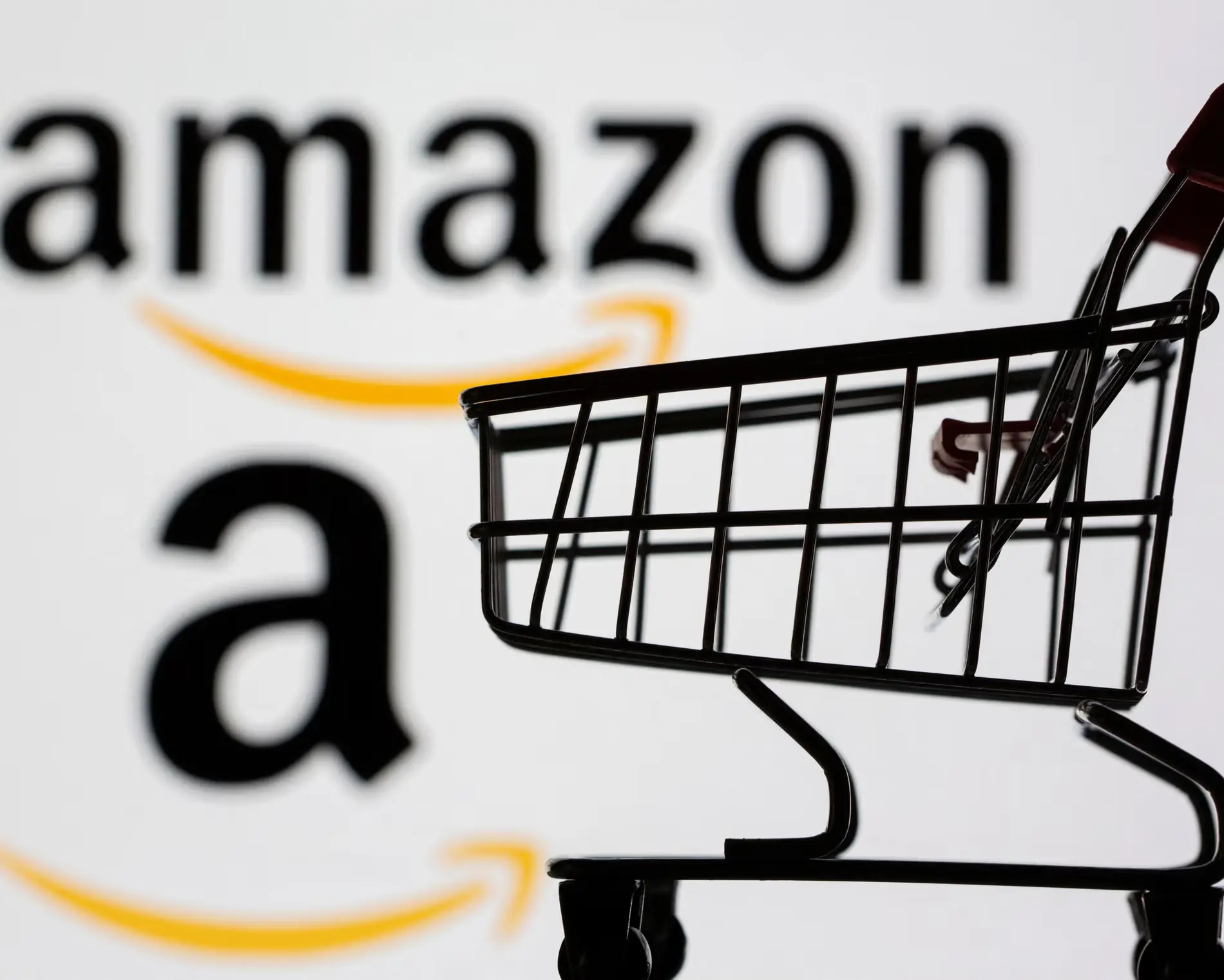The UK’s Groceries Code Adjudicator has launched an investigation into Amazon over claims of delayed payments to grocery suppliers, potentially violating the Groceries Supply Code of Practice. In parallel, UK company insolvencies in May rose by 15% year-on-year, raising concerns over worsening business conditions amid high interest rates and inflation.
Introduction
The UK business landscape experienced a significant jolt today with two parallel developments. First, the Groceries Code Adjudicator (GCA) initiated a formal investigation into Amazon UK over alleged delays in supplier payments. This is a rare case of regulatory scrutiny under the Groceries Supply Code of Practice (GSCOP).
Simultaneously, data released by The Insolvency Service confirmed a sharp rise in corporate and personal insolvencies across England and Wales. These developments highlight growing pressure in the UK economy from inflation, high borrowing costs, and weakened demand.
II. Amazon UK Under Regulatory Scrutiny
A. Background of the Investigation
The GCA announced a formal investigation into Amazon UK Services Ltd, citing alleged breaches of Paragraph 5 of the Groceries Supply Code of Practice. Amazon became subject to GSCOP in March 2022 after surpassing £1 billion in annual UK grocery sales.
B. Key Allegations
- Delayed supplier payments even after deliveries and invoices were completed.
- Unclear deductions for fees like marketing contributions or storage charges.
- Possible catalog delisting practices used to pressure or penalize suppliers.
- Weak dispute resolution mechanisms for invoice disagreements.
C. Potential Outcomes
- Fines of up to 1% of Amazon UK’s annual turnover.
- Public disclosure of any breaches found.
- Required operational reforms within Amazon’s supplier payment systems.
D. Amazon’s Response
Amazon expressed disappointment at the investigation but stated it will fully cooperate and emphasized recent improvements in payment systems.
III. UK Insolvencies Surge
A. Corporate Insolvency Data (May 2025)
- Total company insolvencies: 2,238 (15% increase YoY)
- 1,734 Creditors’ Voluntary Liquidations (CVLs)
- 354 Compulsory liquidations
- 136 Administrations
- 14 Company Voluntary Arrangements (CVAs)
B. Sectors Affected
- Hospitality: high energy and labor costs, reduced consumer spending.
- Retail: overstocking, rent pressure, weak footfall.
- Construction: delayed projects, rising material costs, payment delays.
C. Personal Insolvencies
- Total personal insolvencies: 10,014 (5% increase YoY)
- 5,583 Individual Voluntary Arrangements (IVAs)
- 3,783 Debt Relief Orders (DROs)
- 648 Bankruptcies
IV. Contributing Factors
A. Inflation and Interest Rates
Core inflation remains elevated. The Bank of England’s 5.25% base rate has increased borrowing costs and strained business cash flow and household finances.
B. Government Borrowing
The UK government borrowed £17.7 billion in May 2025, the second-highest May figure on record. Reduced VAT receipts and higher public spending are increasing fiscal pressure.
V. Industry Reactions
Mark White (GCA):
\Payment delays place excessive risk on suppliers and undermine fair trading practices. Our investigation will ensure transparency and accountability.\
David Hudson (FRP Advisory):
“Many companies barely survived the inflationary squeeze. Now, high borrowing costs and falling demand are pushing them over the edge.”
VI. What to Expect Next
- GCA will collect confidential supplier input. A final report is expected by early 2026.
- Amazon may face financial and reputational penalties if found non-compliant.
- The Bank of England's August decision may be influenced by these insolvency trends.
- Retailers and SMEs are lobbying for tax relief and targeted government support.
VII. Conclusion
The twin shocks of Amazon’s regulatory probe and the rising wave of insolvencies underscore the economic fragility of mid-2025. One story highlights the power imbalance between digital giants and small suppliers. The other reveals the financial pain spreading through businesses and households.
These events raise urgent questions: Can suppliers be protected from unfair practices? Will rate cuts arrive in time to ease the pressure? And what role should the government play in stabilizing the landscape?
The coming months will be pivotal in shaping the UK’s commercial environment. Both structural reform and immediate support may be necessary to restore confidence and prevent deeper economic contraction.

















Comments 0